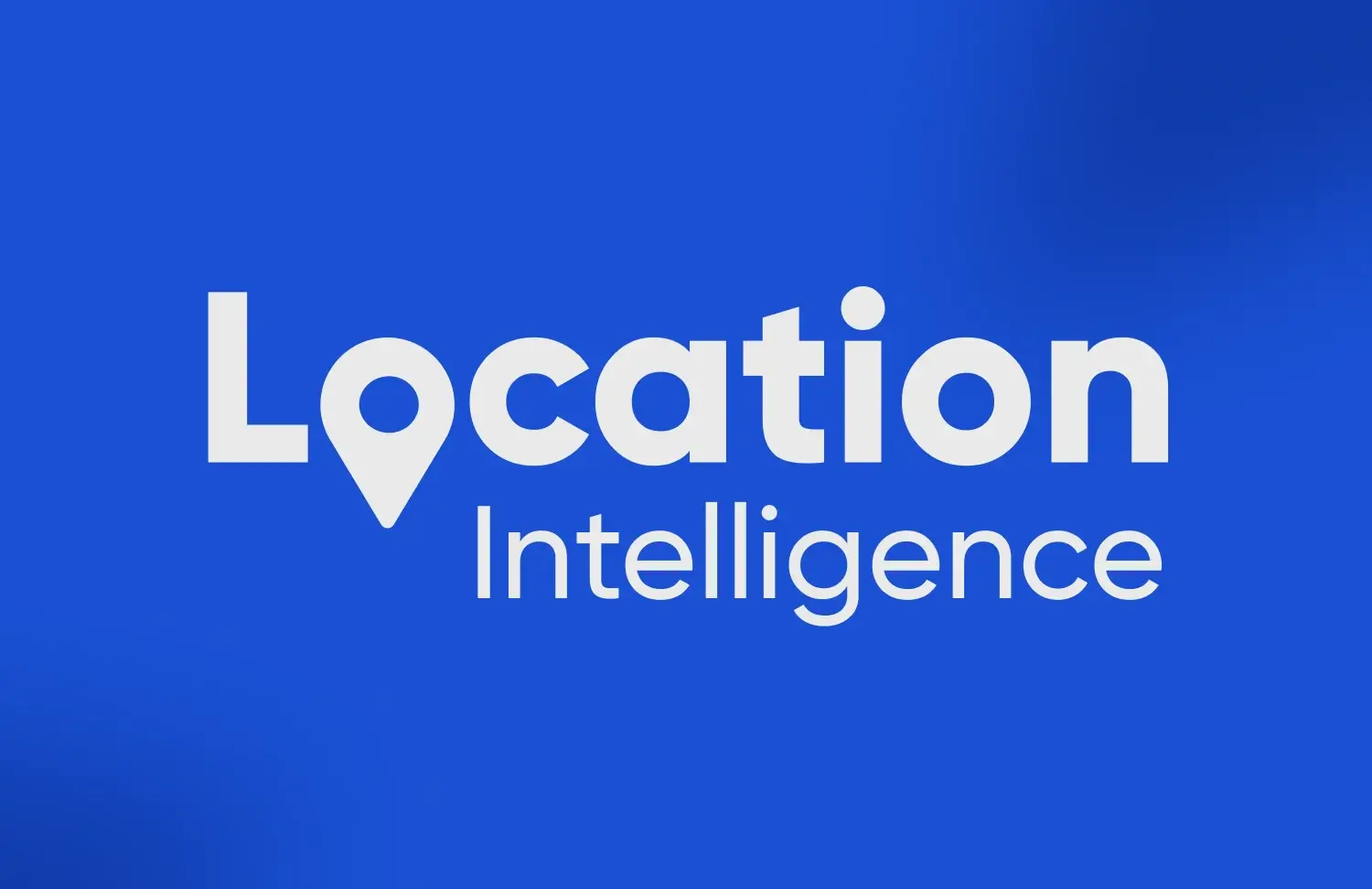Location intelligence, also known as geospatial intelligence, is revolutionizing the way businesses operate in today’s data-driven world. By leveraging spatial data, organizations can gain valuable insights into their operations, customers, and market trends, leading to smarter decision-making and improved outcomes. In this technical blog, we will explore what location intelligence is, its significance, and how it can transform your business. Additionally, we will delve into real-world location intelligence use cases and provide five essential tips to kickstart your journey with geospatial insights.
What is Location Intelligence?
Location intelligence refers to the integration of geographic data into business strategies and processes. It involves analyzing and visualizing data in a spatial context to identify patterns, trends, and relationships that may not be apparent in traditional tabular data. By combining geographic information systems (GIS) with business intelligence tools, location intelligence empowers businesses to make informed decisions based on location-based insights.
The Significance of Location Intelligence: Location intelligence provides a competitive edge by enabling businesses to understand the spatial aspects of their data. It offers the following key benefits:
a.) Enhanced Customer Insights: By analyzing customer data in relation to geographic locations, businesses can identify target demographics, optimize marketing campaigns, and improve customer experiences.
b.) Efficient Resource Allocation: Location intelligence helps optimize resource allocation, such as store locations, delivery routes, and field workforce management, resulting in cost savings and increased efficiency.
c.) Market Analysis and Expansion: Gain valuable market insights by mapping competitors, demographics, and trends, assisting in making informed decisions about market expansion strategies.
d.) Risk Management and Mitigation: Assess and manage potential risks associated with natural disasters, supply chain disruptions, or economic factors by incorporating geographic data into risk analysis.
Location Intelligence Use Cases:
Let’s explore real-world examples of how businesses are leveraging location intelligence:
i.) Retail: Retail chains use location intelligence to identify the best locations for new stores, analyze foot traffic patterns, and optimize inventory management.
ii.) Logistics and Transportation: Delivery companies utilize location intelligence to optimize delivery routes, reduce fuel costs, and ensure timely deliveries.
iii.) Real Estate: Real estate developers and agents employ location intelligence to assess property values, demographic trends, and potential investment opportunities.
iv.) Healthcare: Healthcare providers use location intelligence to analyze disease outbreaks, optimize healthcare facility locations, and plan emergency response strategies.
Getting Started with Location Intelligence:
i. Integrate Spatial Data:
Create a comprehensive approach that harnesses Location Intelligence to enhance both customer experience and operational efficiency. Explore inventive ways to integrate cartographic and geospatial data for maximum impact.
Combine your existing business data with geographic information to create meaningful insights. Use Google Maps Platform location-based APIs to visualize and analyze geodata.
ii. Set Clear Objectives:
Define specific goals you want to achieve through location intelligence, such as improving customer retention, optimizing resources, or expanding into new markets, etc.
iii. Choose the Right Tools:
Select suitable location intelligence platforms and tools that align with your business requirements. Consider factors like data integration capabilities, accuracy, ease of use, and scalability.
iv. Data Quality and Privacy:
Ensure data accuracy and privacy compliance when collecting and analyzing spatial data. Utilize trusted data sources and implement security measures to protect sensitive information.
v. Training:
Invest in training your team to understand and use location intelligence tools effectively. Encourage collaboration and knowledge sharing to maximize the benefits of geospatial insights.
Conclusion:
Location intelligence is no longer an affluence; it has become a necessity for businesses seeking a competitive edge. By harnessing the power of spatial data, businesses can gain invaluable insights, streamline operations, and make informed decisions that drive growth and success. Embrace location intelligence, explore its diverse use cases, and implement these five essential tips to unleash the transformative potential of geospatial insights in your organization. Empower your business with location intelligence and stay ahead in today’s dynamic and data-centric business landscape.


